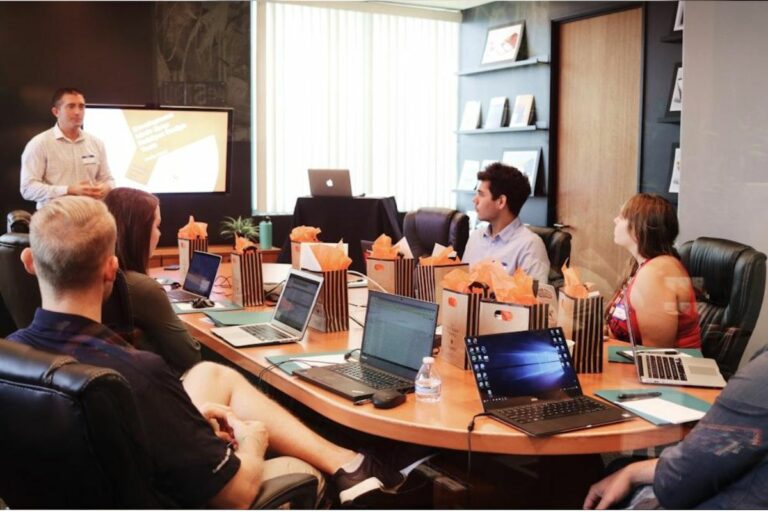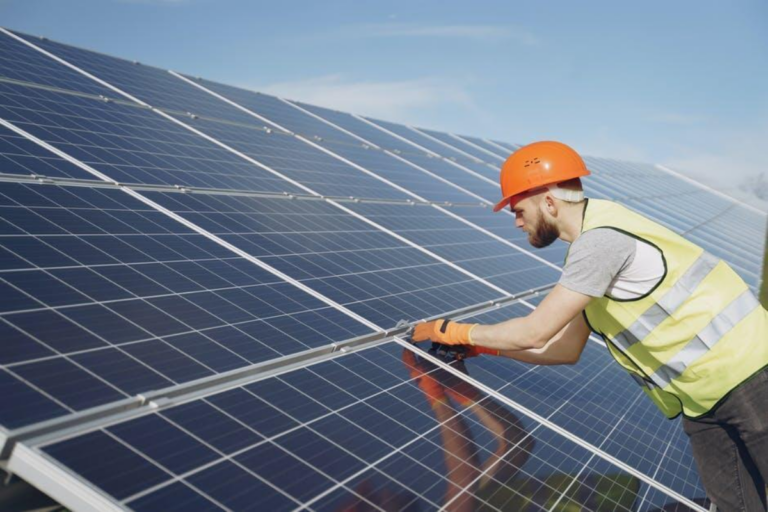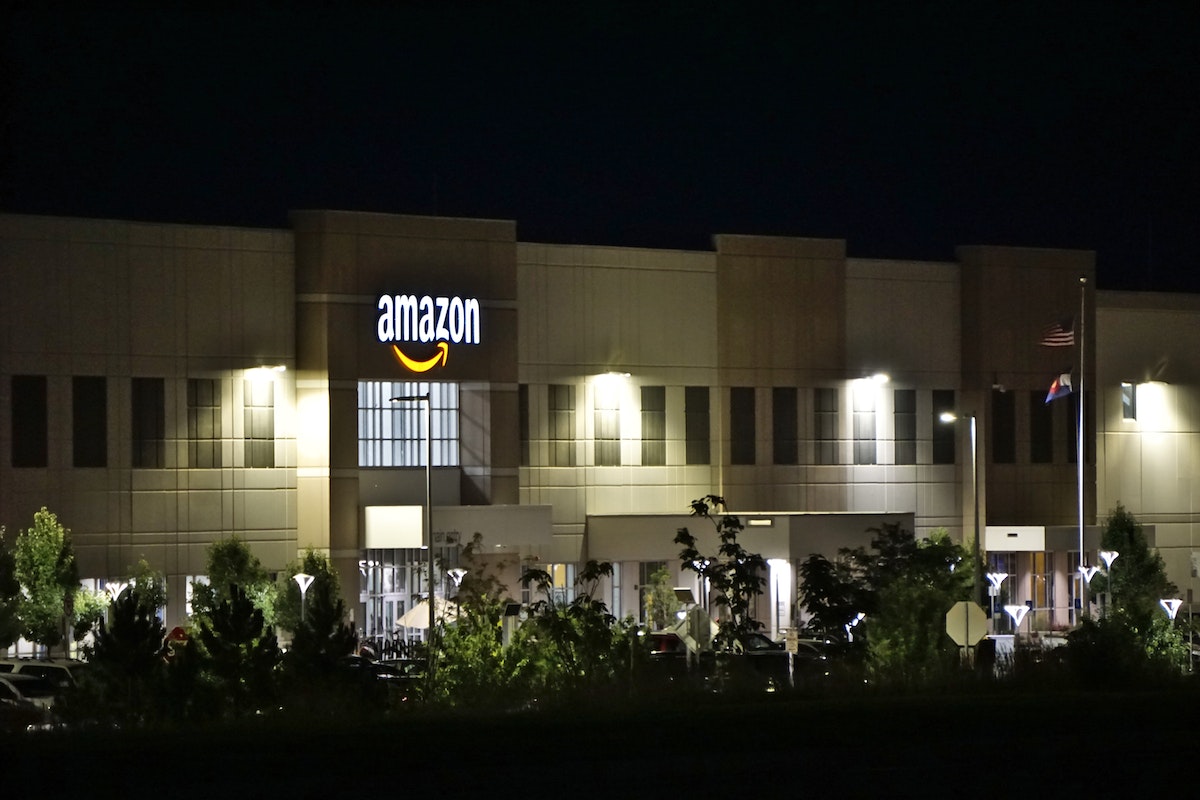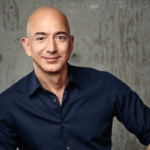If you’re wondering who owns Amazon, the answer is not as straightforward as you might think.
While Amazon is a publicly traded company, meaning that anyone can buy shares and technically own a piece of the company, there are a few key players who hold a significant amount of Amazon’s stock.
The most well-known of these players is Jeff Bezos, Amazon’s founder and former CEO.
Bezos still owns a significant amount of Amazon’s stock, although he stepped down as CEO in 2021.
Other major shareholders include institutional investors like the Vanguard Group and BlackRock.
Despite the fact that Amazon is a publicly traded company, the question of who “owns” Amazon is still a matter of debate.
Some argue that Bezos, as the company’s founder and largest individual shareholder, still wields significant influence over Amazon’s direction and decision-making.
Others point to the fact that Amazon’s board of directors and executive leadership team hold significant power and influence as well.
Post Contents
Who Owns Amazon?
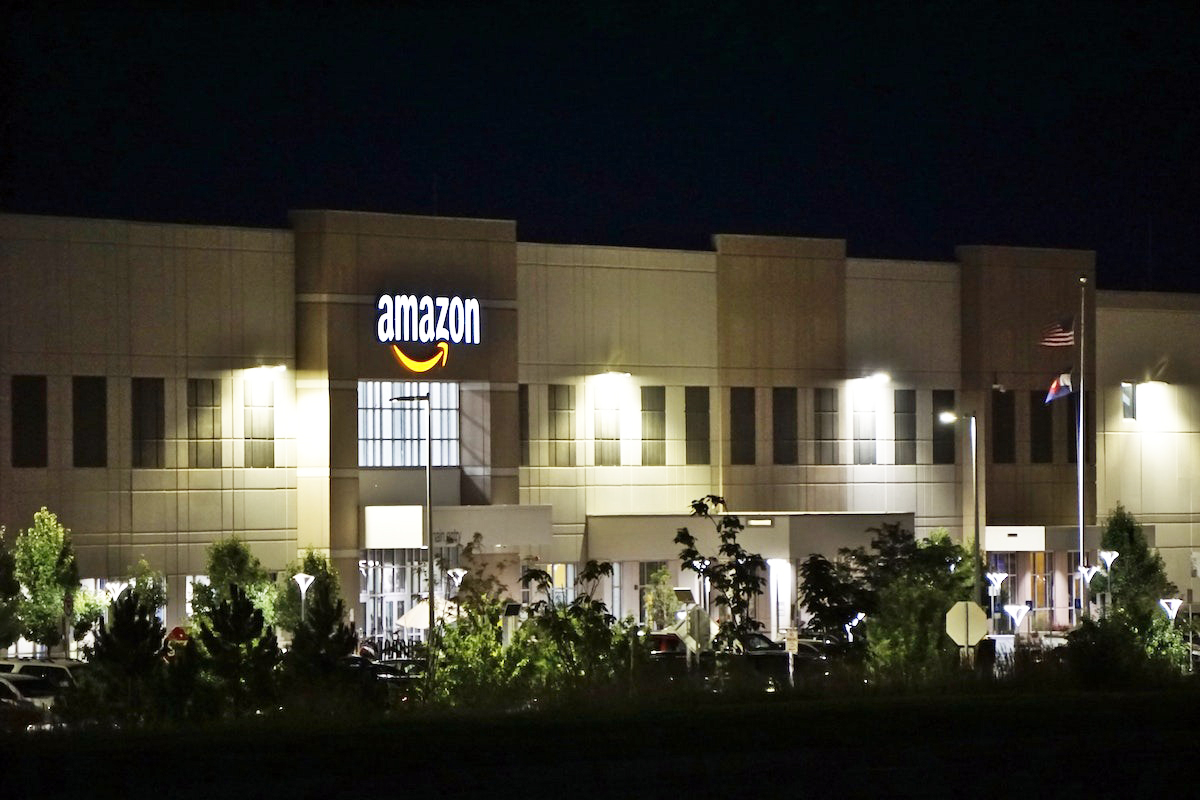
If you’re wondering who owns Amazon, this section will give you a quick overview.
Amazon is a publicly traded company, which means it is owned by its shareholders.
Here are some of the key players in the ownership of Amazon:
Founder and Former CEO Jeff Bezos
Jeff Bezos founded Amazon in 1994 and served as its CEO until 2021.
Bezos is still a major shareholder in the company, owning a bit less than 10% of the company.
He stepped down as CEO to become executive chairman in 2021.
Current CEO Andy Jassy
Andy Jassy succeeded Jeff Bezos as CEO of Amazon in July 2021.
Jassy has been with Amazon since 1997 and was previously the CEO of Amazon Web Services, the company’s cloud computing division.
As CEO, Jassy is responsible for overseeing Amazon’s day-to-day operations and driving the company’s growth.
Major Shareholders
In addition to Jeff Bezos, there are several major institutional shareholders in Amazon.
According to Investopedia, the top institutional shareholders are Advisor Group, Vanguard Group, and BlackRock.
These investment firms own a significant portion of Amazon’s outstanding shares.
Amazon’s revenue, market capitalization, and net income are all closely watched by investors.
As of June 2023, Amazon’s market capitalization is over $1.8 trillion, making it one of the most valuable companies in the world.
Amazon is a publicly traded company with a diverse group of shareholders, including its founder and former CEO Jeff Bezos and current CEO Andy Jassy.
Amazon’s Diversification
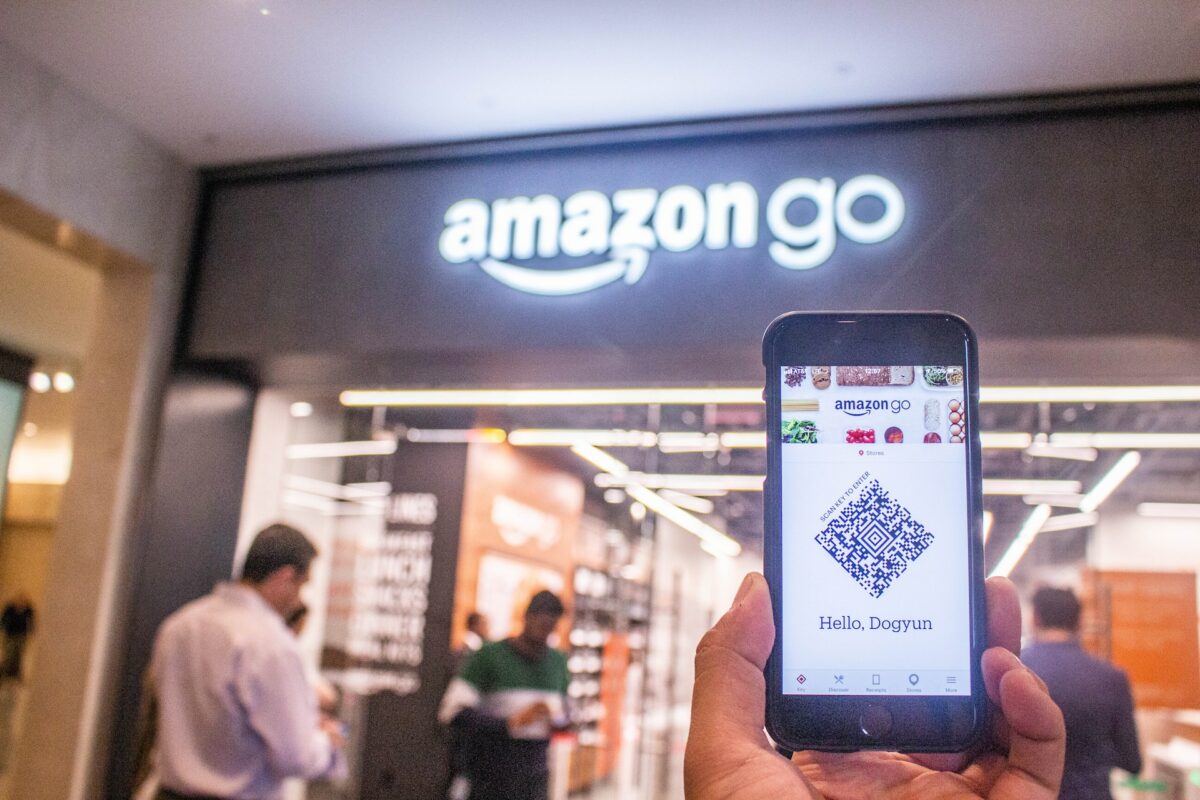
As a company, Amazon has diversified its business model over the years, expanding its reach from an online bookstore to a global e-commerce giant.
Here are some of the key aspects of Amazon’s diversification:
Amazon’s Business Model
Amazon’s business model is centered around e-commerce, but the company has expanded into various other areas.
Amazon’s Prime subscription service, for example, offers free shipping, streaming of movies and TV shows, and access to exclusive deals.
Amazon has also ventured into the grocery business with its acquisition of Whole Foods, and has opened cashier-less convenience stores under the Amazon Go brand.
Amazon’s Subsidiaries and Acquisitions
Amazon has acquired a number of companies over the years, including Ring, a smart home security company, and Twitch, a video game streaming platform.
Amazon has also made significant investments in technology, including artificial intelligence and cloud computing through its Amazon Web Services (AWS) division.
In 2021, Amazon acquired MGM, a major Hollywood studio, for $8.45 billion, as the company seeks to expand its entertainment streaming service.
Amazon’s Philanthropic Efforts
Amazon has also made efforts to give back to the community through various philanthropic initiatives.
In 2020, Amazon CEO Jeff Bezos launched the Bezos Earth Fund, pledging $10 billion to combat climate change.
The company has also donated to nonprofits and provided support during the COVID-19 pandemic, including donating millions of dollars to food banks and healthcare organizations.
Amazon’s diversification has allowed the company to expand into new markets and industries, while also giving back to the community through philanthropic efforts.
Whether you’re shopping for clothing, streaming your favorite TV shows, or investing in the latest rocket technology, Amazon has something for everyone.
Amazon’s Impact on Society

As one of the largest companies in the world, Amazon has had a significant impact on society.
Here are some ways in which Amazon has affected the world around us.
Amazon’s Workforce
Amazon has created a massive workforce, employing over a million people worldwide.
The company has been praised for offering a minimum wage of $15 per hour to its employees, which is higher than the federal minimum wage in the United States.
However, some critics argue that this wage is not enough to support a family in many areas.
Amazon’s management structure has been criticized for being hierarchical and top-down, with little input from lower-level employees.
The company’s board of directors is made up of 11 members, including CEO Jeff Bezos and several high-level executives from Amazon and other companies.
Amazon’s Social Responsibility
Amazon has been criticized for its impact on small businesses, as the company’s dominance in the online retail space has made it difficult for small retailers to compete.
Amazon has also been accused of engaging in anti-competitive practices, such as using data from third-party sellers to create its own competing products.
In recent years, Amazon has made efforts to improve its social responsibility.
The company has launched several programs aimed at increasing diversity and inclusiveness in its C-suite and workforce.
Amazon has also invested in renewable energy and has committed to being carbon neutral by 2040.
Amazon’s Impact on Small Businesses
Amazon’s impact on small businesses has been a topic of much debate.
While some small businesses have been able to benefit from selling their products on Amazon’s platform, others have struggled to compete with the company’s low prices and fast shipping.
Amazon has also faced criticism for its treatment of third-party sellers on its platform.
Some sellers have accused Amazon of using its market power to extract unfair fees and commissions.
Overall, Amazon’s impact on society is complex and multifaceted.
While the company has created jobs and driven innovation, it has also been accused of engaging in anti-competitive practices and contributing to the decline of small businesses.
As Amazon continues to grow and expand, it will be important to monitor its impact on society and hold the company accountable for its actions.
Key Takeaways
If you’re curious about who owns Amazon, you might be interested to know that the company’s top individual insider shareholders are Jeff Bezos, Andrew Jassy, and Jeffrey Blackburn.
Bezos, the founder of Amazon, owns a bit less than 10% of the company.
The top institutional shareholders are Advisor Group, Vanguard Group, and BlackRock.
In 2021, Bezos stepped down as CEO to become executive chairman, and Andy Jassy took over as CEO.
In his 2020 shareholder letter, Bezos highlighted the value creation of Amazon Web Services (AWS), which was $38 billion in 2020.
He also emphasized the company’s focus on the long term.
Jassy, in his own shareholder letter in 2023, acknowledged short-term headwinds but remained committed to Amazon’s long-term goals.
He highlighted the company’s continued investment in innovation and customer experience, including initiatives such as Amazon Go stores and drone delivery.
Overall, the ownership of Amazon is split between a variety of individuals and institutional investors.
However, the company’s leadership remains focused on long-term growth and innovation, as evidenced by the shareholder letters from both Bezos and Jassy.


